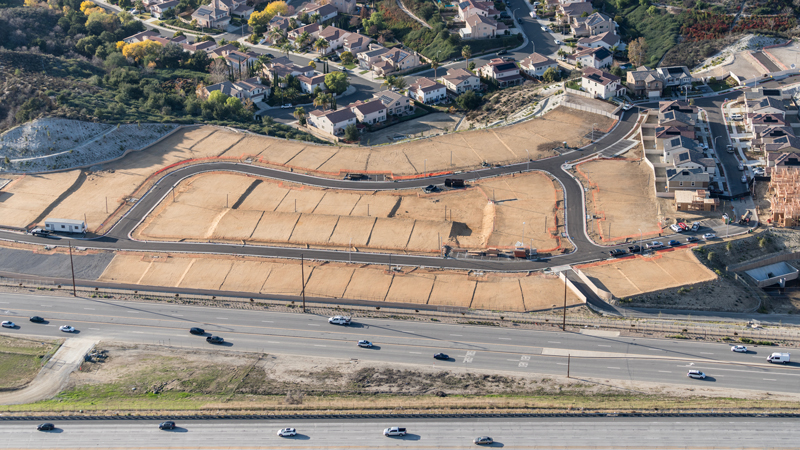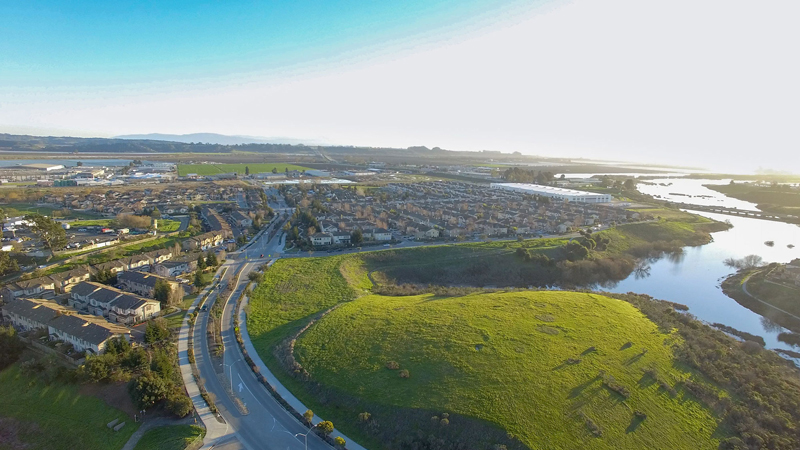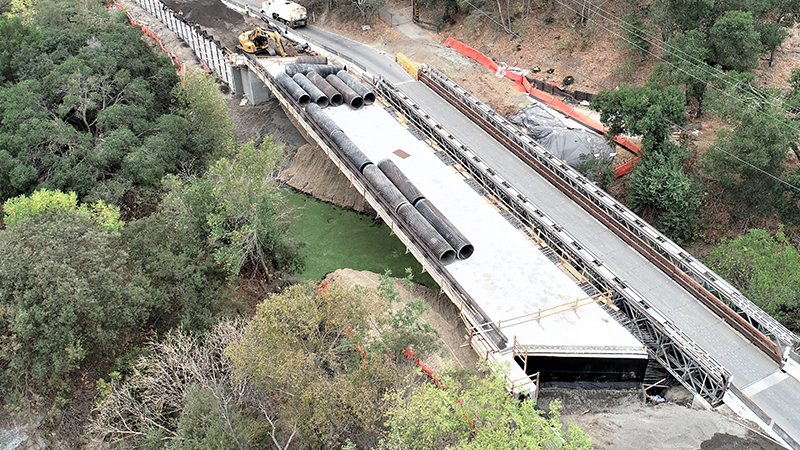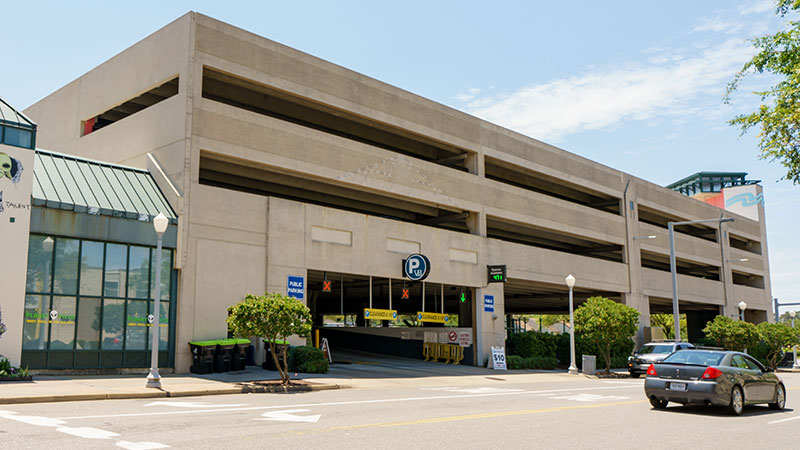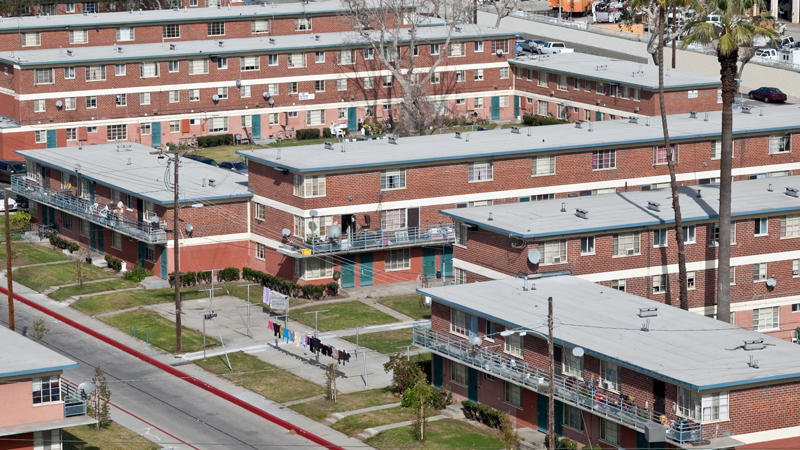Blogpost
4.1 minute read
May 30, 2024
On January 1, 2024, five new bills pertaining to housing came into effect.
This wave of legislation includes:
- SB 4 – Yes, In God’s Backyard (YIGBY)
- SB 423 – Streamlined Housing Projects (SB 35 Extension)
- AB 1033 – Accessory dwelling units (ADUs): local ordinances/separate sale or conveyance
- AB1332 – ADUs: pre-approved plans
- AB 480 – Surplus land
In this post, we’ll give you an overview of each piece of legislation and how it impacts affordable housing.
2024 California Housing Legislation: Overview
According to the California Department of Housing and Community Development (HCD), housing production averaged fewer than 80,000 homes per year in the last decade — less than half of the projected 180,000 homes required. In an effort to encourage housing development, legislation such as the Housing Crisis Act of 2019 and SB 35, were enacted to require local government to streamlined options for approving the development of housing that includes affordable units.
Significant new housing laws have been an annual occurrence since 2017. In 2023, there were many Senate Bills (SB) related to affordable and institutional housing as well as Assembly Bills (AB) focused on accessory dwelling units and surplus land.
SB 4: Yes, In God’s Backyard (YIGBY)
Also known as the Affordable Housing on Faith Lands Act, Senate Bill 4 allows faith institutions (such as churches, synagogues, and mosques) along with nonprofit colleges to build affordable housing on their property by-right, even if local zoning prevents this housing. The legislation applies to 100% affordable housing projects only.
SB 423: Extends SB 35 to Continue Streamlining Approval
SB 423 extends the deadline of SB 35 (passed in 2017) to January 1, 2036 and adds the following changes:
- Allows agencies to approve affordable housing developments located in the Coastal Zone (where appropriate).
- Clarifies the technical studies required during the design review process.
- Expands upon the workforce provisions for buildings over 85 feet in height.
- Stipulates that a development of over 50 units must adopt an apprenticeship program for construction trades and provide healthcare for each employee.
Agencies must still meet the State’s housing planning goals through a compliant Housing Element. If they are not meeting specific housing targets for above moderate-households, projects eligible for SB 35 streamlining must make at least 10% of the units affordable to very low-income households.
AB 1033: Allows Accessory Dwelling Units (ADU) to Be Sold Separately
AB 1033 authorizes agencies to adopt a local ordinance allowing a primary dwelling and an accessory dwelling unit (or condominium), to be sold or transferred as separate properties. Previously, ADUs were prohibited from being sold separately from the primary residence.
AB 1332: Pre-Approved Plans for ADUs
AB 1332 requires local agencies to develop a program for the preapproval of ADU plans by January 1, 2025. The bill also authorizes local agencies to charge applicants a fee for the preapproved plans and requires that the local agency either approve or deny an application within 30 days.
AB 480: Surplus land
AB 480 amends and/or requires the following:
- “Dispose” means the sale or lease on or after January 1, 2024, for 15 years term or more. “Dispose” does not include a lease where no development or demolition will occur, regardless of the term of the lease.
- Requires open, competitive bid process.
- Violation of these provisions subject to specified penalties.
- Requires a disposition and development agreement with required provisions.
- Requires any legal restrictions be supported by evidence and written findings.
- Requires transfer with covenants or recorded restrictions at the time of sale.
- HCD must maintain site a list of entities with interest in developing low- and moderate-income housing.
- Property dispositions subject to 2019 procedures involving legal agreements can be completed by December 31, 2027.
- Local agencies are not required to dispose of surplus land.
The following are amendments to the definition of “exempt surplus land” earmarked for housing purposes:
- Exempts a local agency declaration at a public meeting if a notice is published and available for public comment for at least 30 days prior to designation.
- Removes the open, competitive bid requirement.
- Adds a provision for easements necessary for the agency’s use regarding exempt surplus land.
- Modifies exempt surplus land provisions to require that the mixed-use developments of 300 residential units or more would modify the affordability restriction to 50 years for rental or ownership housing on tribal trust lands.
- Expands the definition of exempt surplus land to include:
- Land owned by a California public use airport
- Certain mixed-use developments that meet specified conditions
- Specifies that a local agency can negotiate concurrently with all entities that provide notice of interest for the purpose of developing low and moderate income housing (previously “affordable housing) that meets specified requirements.
Interpreting New Updates to California Housing Bills
Want to learn more about the latest updates to California Housing Bills and how they impact your agency? Contact the Harris team for more information.
Authors
Source
Harris & Associates
Markets
Municipal
Planning + Development
Services
Community Development + Housing
Categories
Housing
Affordable Housing






